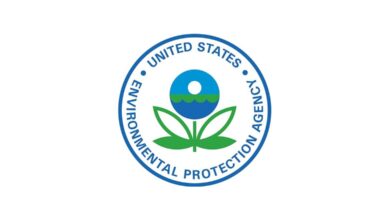UK’s highest court upholds WTD ruling
The culmination of eight years of litigation in UK courts, the UK Supreme Court has upheld the previous rulings of the Court of Session and Employment Appeal Tribunal that time off work enjoyed by UK offshore oil and gas workers more than meets the minimum legal amount of annual leave that employers must provide their employees.
Typical rotas worked offshore allow for more than 26 weeks onshore, away from work, more than meeting the requirement of the Working Time Directive (WTD) to provide 5.6 weeks of annual leave.
This latest Supreme Court decision is final and can’t be appealed to the European Court of Justice.
Arctic spill task force reviews agreement draft
IADC executive VP – government affairs Brian Petty participated in a meeting of the Arctic Council Oil Spill Response Task Force in St Petersburg, Russia, on 13-14 December. IADC’s expertise and attendance at the meetings were requested by the US Coast Guard.
A first draft of an agreement among the eight Arctic states, prepared by Norway, was reviewed, and participants identified additional issues/topics that need to be included.
It was the consensus that the instrument will be binding.
The group also agreed that only oil spills will be included, excluding hazardous and noxious substances. All sources of spill are included: shipping, oil and gas E&P, cargo ships, terminals, tourism ships, pipelines, etc. Military ships and installation oil spills are excluded.
Comments will be submitted later this month to the US co-chair, who will draft the next version of the instrument. Draft 2 will be sent to all eight states by 17 February, and the next meeting will be in Anchorage, Alaska, in mid-March.
The goal is to deliver the final instrument for signature at the May 2013 meeting of the Arctic Council Ministers.
IADC visits Washington to discuss FRC rule
IADC regional VP – North America and lead staff HSE issues Joe Hurt visited 23 congressional offices in Washington, DC, on 16-17 November to discuss the issue of fire-resistant clothing (FRC).
Mr Hurt highlighted the process OSHA used in changing the personal protective equipment rule, particularly in regard to issuing its FRC letter of instruction to area directors. Other OSHA, EPA and DOT issues where proper procedures were not followed were discussed.
The visits were part of a joint effort with the Association of Energy Service Companies (AESC). All congressional staff representatives agreed with the IADC and AESC position and expressed support for sending a letter to OSHA requesting that the agency not attempt to change regulations through interpretations and directives.




